M.F.K Fisher wrote a lovely book titled How to Cook a Wolf. While she doesn’t give any instruction on how to actually cook a wolf1, written in 1942, the book does contain several terrific essays on food and on eating during the shortages of World War II. Opining on “How to Be a Wise Man” — because, as the epigraph of the chapter states, “a wise man always eats well” — she makes the poignant statement that “the ability to choose what food you must eat, and knowingly, will make you able to choose less transitory things with courage and finesse.”
She continues how this is important for children, especially. They should not, as many Americans did (and still do) “eat what is set before them without thought, without comment, and… without interest,” but instead be “encouraged… to look at what [they eat], and think about it… the reasons why [they are] eating it and the results it will have on [them].”
I write about “radical eating” and “radical living” on here a lot. Those two things are connected and what has taken me almost four years and nearly two-hundred essays to synthesize, Mrs. Fisher stated so plainly over eighty years ago. It’s my firm belief that how you eat influences how you are, and how you view the world, and, while I try my best to avoid navel-gazing on here, I truly believe that being more thoughtful about the things I consume has made me a more thoughtful person. By forcing myself to take a radical approach to food — by eating with “my eyes wide open” — I’ve had to adapt my routines (and, in many cases, adopt new ones) in order to avoid hypocrisy.2 Whether or not I’m a better person after all of it is out for debate — but I certainly find myself better able to think more deeply of the world.3
This dispatch marks the last one of the year. I’ve written this before, but I’m immensely grateful to those of you who read each week, to those who comment, and those who text and email directly. What started as a silly way to share some recipes with my friends has evolved into a way to help me distill and clarify my own thoughts. Thanks for sticking around.
We’ll finish out another year of Cow We Doin’ with a (perhaps) overdue Plowman’s Lunch. Enjoy the reading, the observations, and the food. And, enjoy the remainder of the year. Whether you’re finished celebrating or are just beginning, I hope that you find yourself always with plenty to celebrate and always with reason to eat well.
We’ll see you back here next year for even more courage and finesse.
I. Reading
Good Writing — I’ve said before I how much I admire
’s writing and this piece on “good writing” encapsulates why. His sentiment that “good writing is the only thing keeping us human” is not as far from hyperbole as I’d like to admit.First Timer Buck — Speaking of good writing, this jaunt down memory lane from
had me laughing the entire time. reflects so eloquently on the fluidity of time and landscape in this lovely essay on hunting (but, as all good writing does, touches on so much more than that).Dying Time — I love
’s recipes, but even more so, I appreciate his reflections on our connection to food. The reminder that “blood makes the grass grow” is a stark one, but something we all too often forget, one that again is reinforced by radical eating.A Case for Doing Less and Living More —
warrants inclusion on this list just by way of alluding to Whitman, but the sentiment of this essay — especially in the cold, dark months of New England winter — is spot on in so many ways. thoughtfully writes about the need to constantly reassess our thoughts and beliefs (which, by the way, is another core tenet of radical living).What Counting Coup Teaches Us About Risk-Taking — I really enjoy everything
puts out, but this is an excellent reminder of why it’s so important to take risks — and was a good reminder for me to encourage (calculated) risk in Kiddo and the Warthog4.Don’t Drown — Sam also turned me on to
’s writing, and this opening essay on brushes with death was a hell of a way to kick things off.5 Having spent a lot of time in the water, underwater, flailing in the water, I felt this one vividly. And even if you can’t stand just the thought of dunking your head, there’s a lesson to be learned about finding the edge of your limits in controlled environments that any one can use.Guide to Poetry — If you’ve ever struggled with enjoying poetry, I couldn’t recommend more this essay from
.I Can’t — Speaking of poetry, this one by
is terrific. makes a wonderful distinction between a focus on the past and focus toward the future. There’s a balance, of course, but I think most people would do well with a bias toward the latter.The Worth of Water — Every time I talk to
, I tell him he should write more often — but I suppose if this is the characteristic result of his painfully slow publishing schedule, I can forgive him. A good reminder — one might say a radical reminder — that what seems so convenient rarely is.Candid Photography — I’ve written about how I want to take more photos (thoughtful photos).
is actually doing it.II. Observing
III. Eating
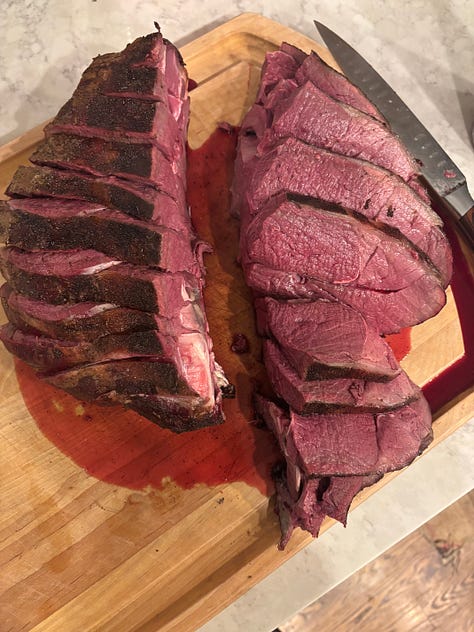
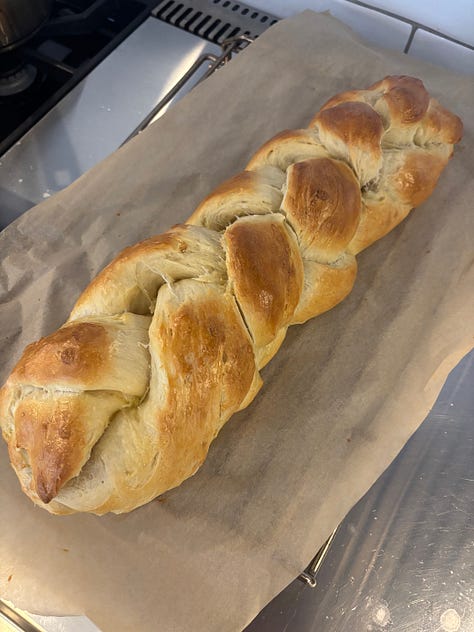


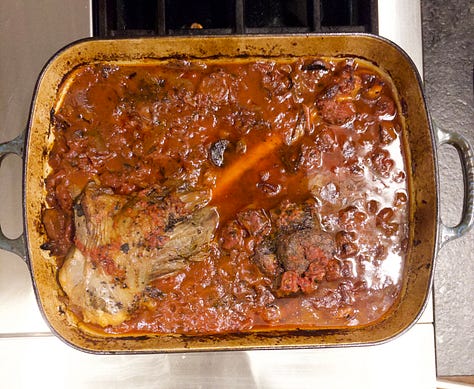
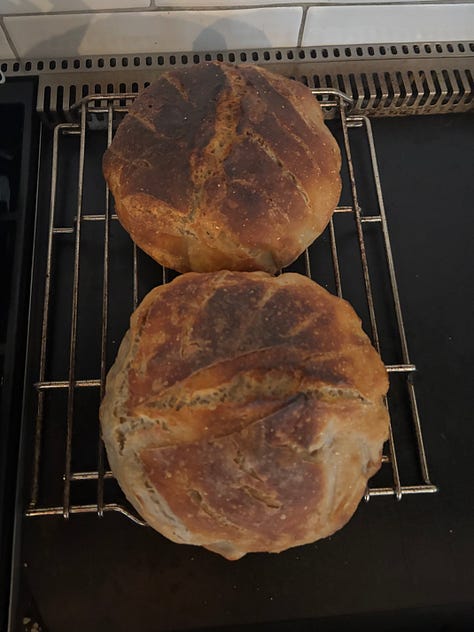
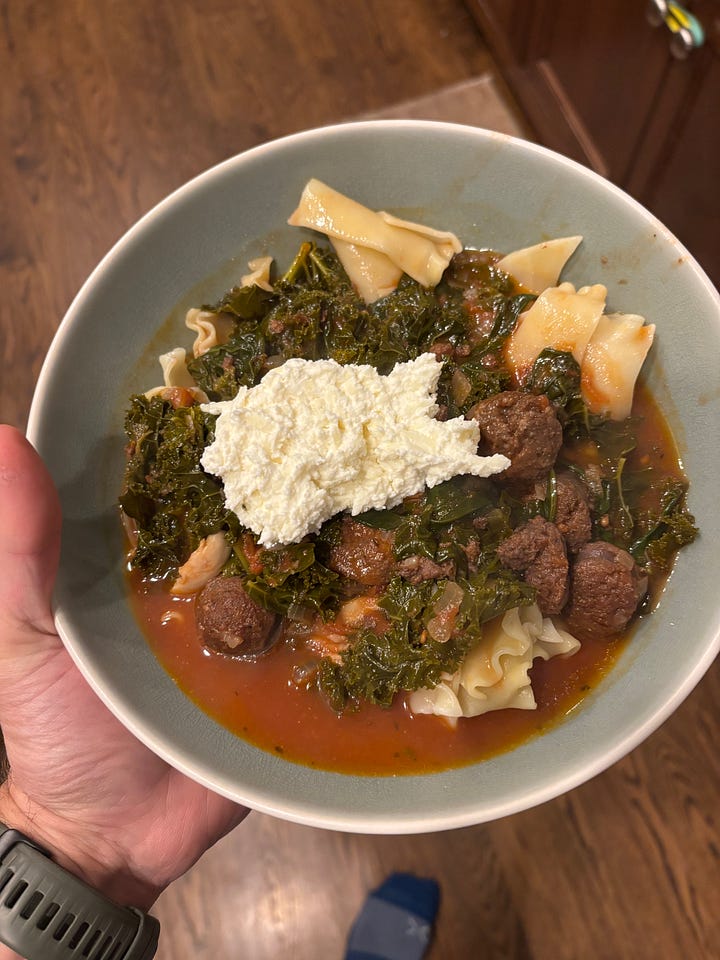
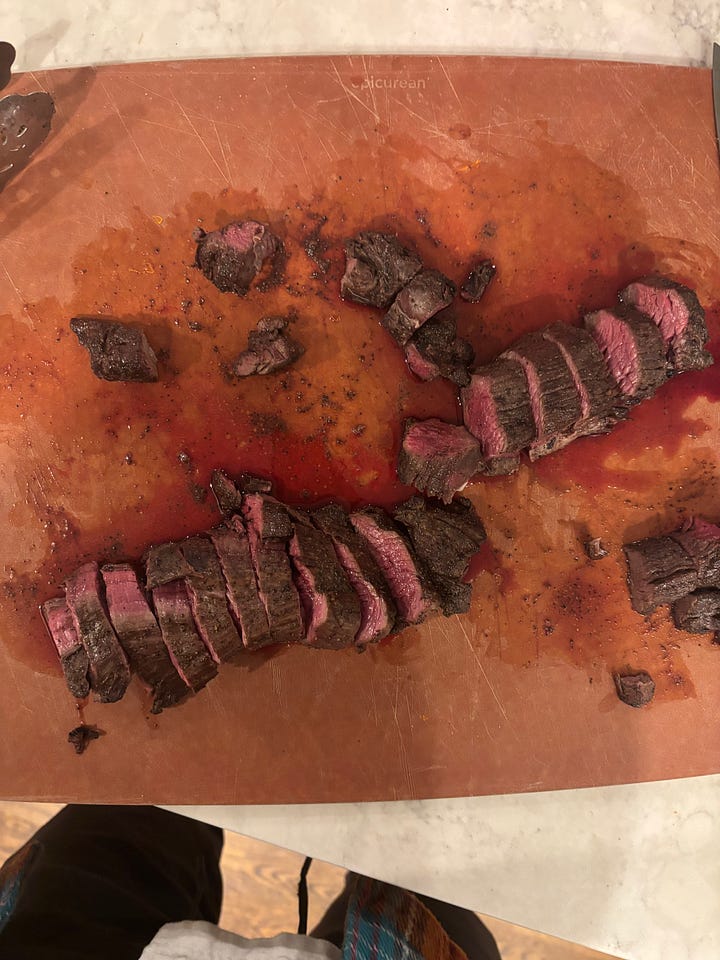
A frightful concept. I spent a few minutes trying to determine if anyone even eats wolves — and despite Lewis & Clark doing so once, when they were starving — most sources suggest that canis lupus is not great table fare. Too lean, too gamey — and, for me, too familiar.
A trait I abhor more than almost any other.
And, as Mushashi advises, more lightly of myself.
Not that they need that reminder.
It also dove tails nicely with the piece on risk I linked to above.









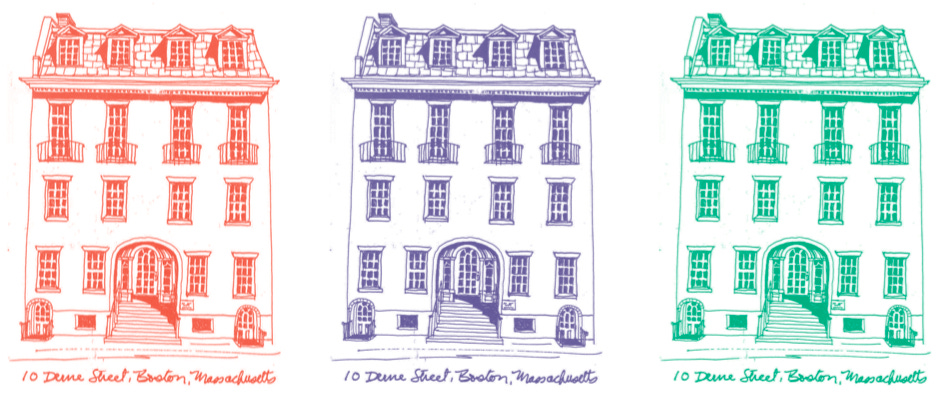

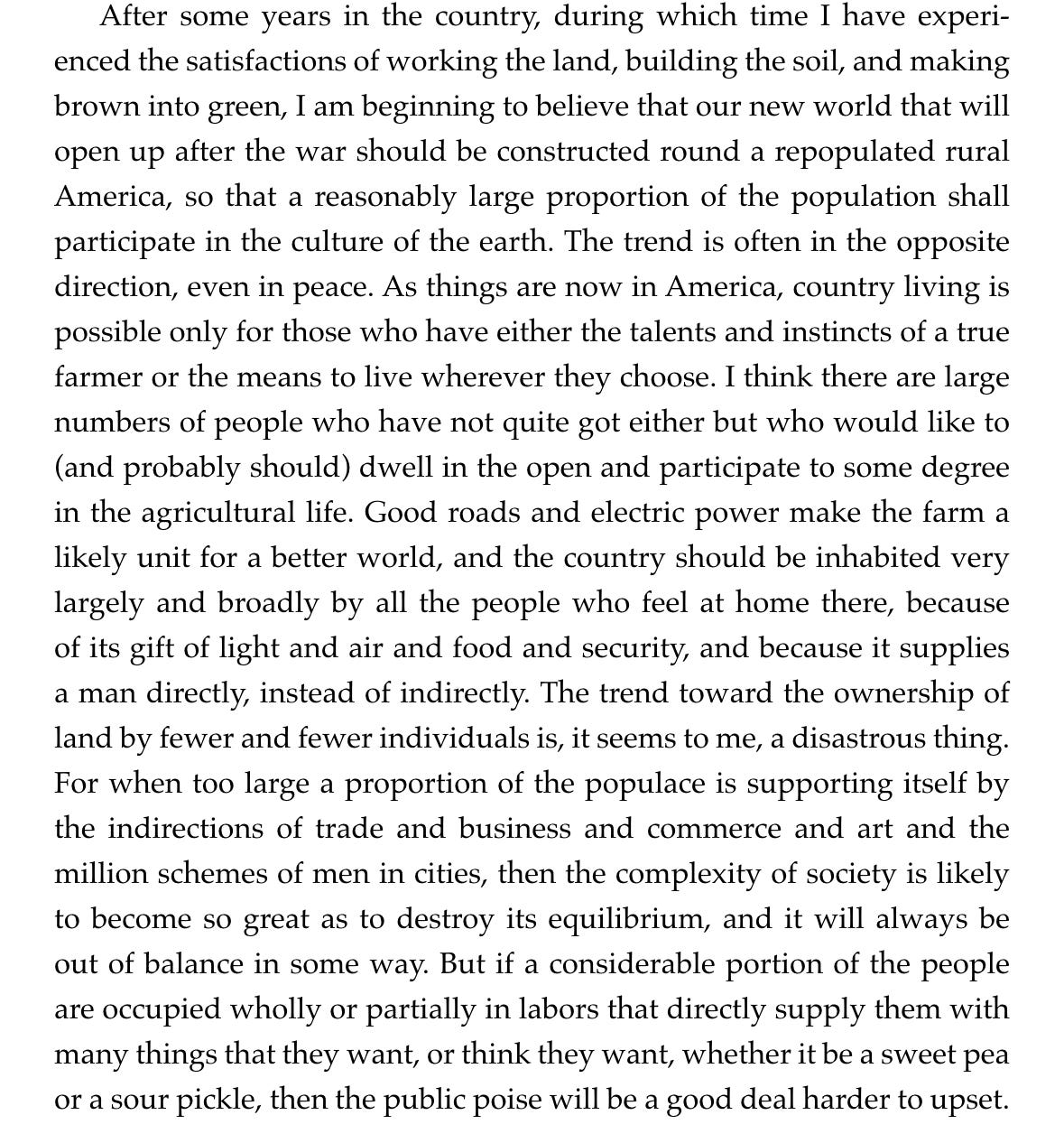


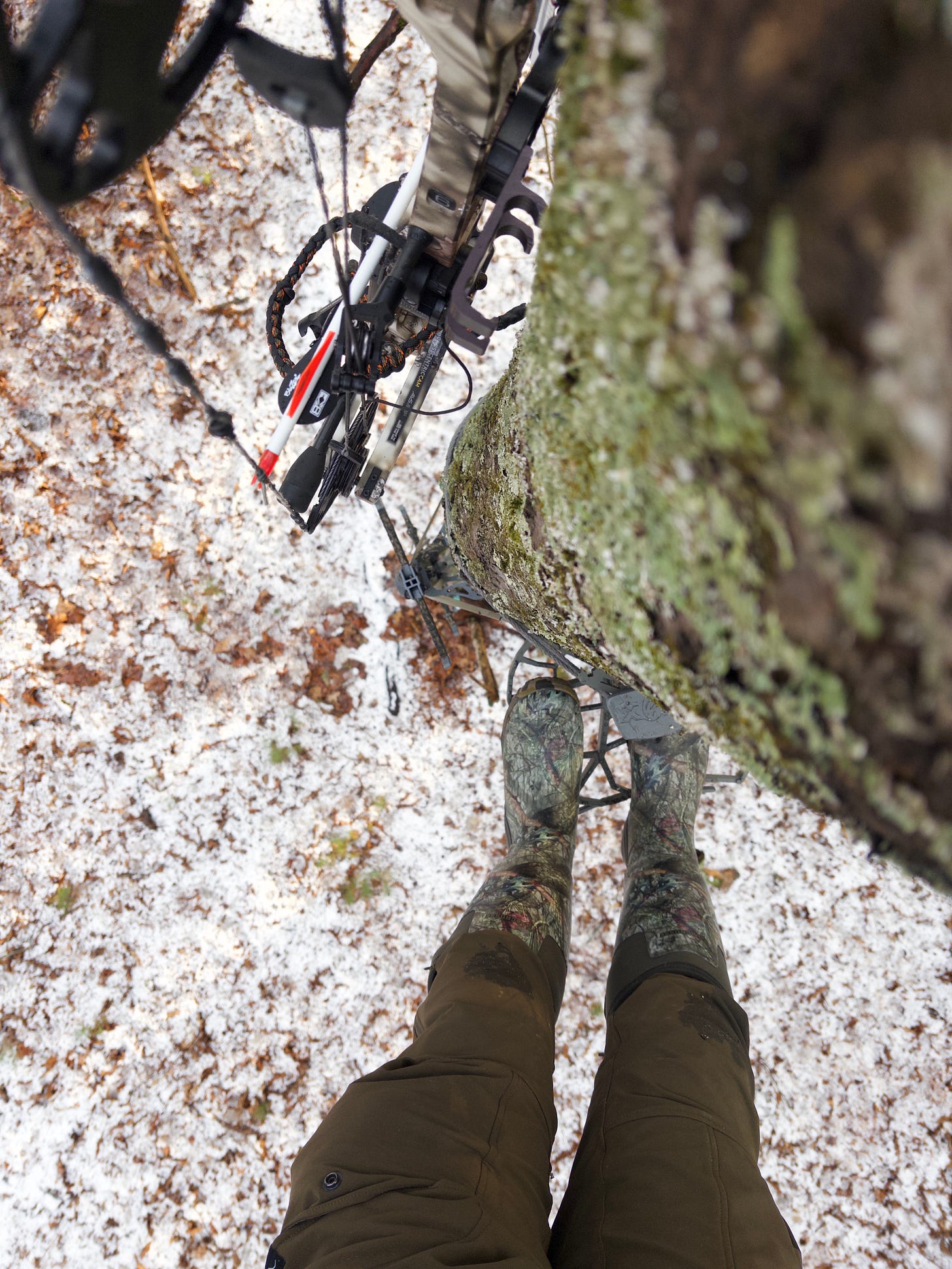




Appreciate your thoughts and recommendations. The few I've read so far have been great. Happy New Year!
Thanks for the mention, Lou. I’m humbled to be included in this list of writers and thinkers. Looking forward to seeing more photos from you! The ones you included are beauties. Cheers, bud.